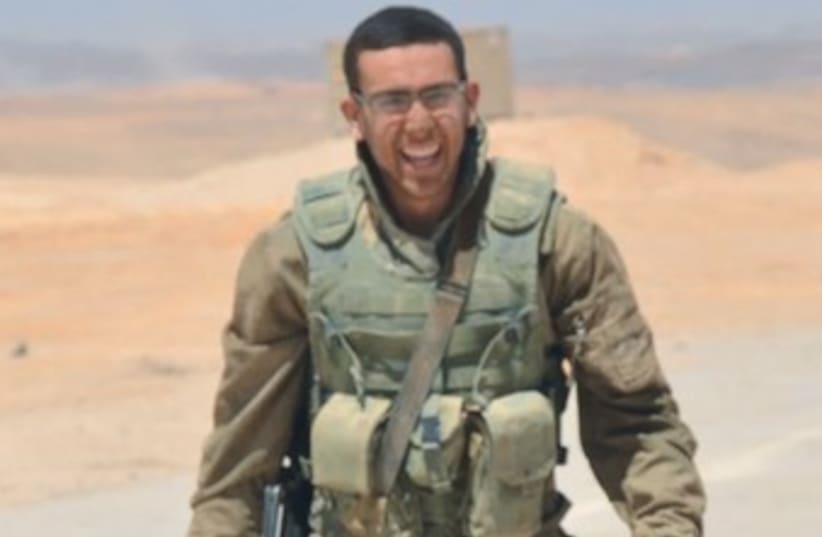Learning life lessons as a combat officer
Modern-Orthodox combat training officer Lt. Mikey Soclof, who made aliya from Michigan, recruits soldiers, leads them through boot camp and then assigns them as drivers, gunners or loaders in the Armored Corps.
